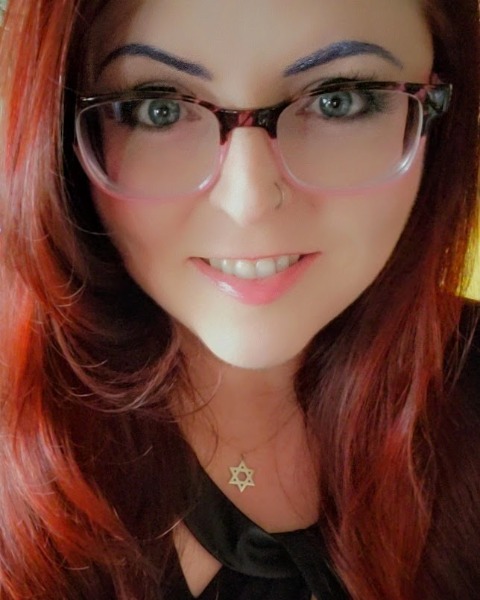Paper Presentation
Health Humanities
Session: Narrative Ethics
Queering the Function of Intersex in Medicine and Society
Thursday, October 12, 2023
2:30 PM - 3:45 PM ET
Location: Falkland (Fourth Floor)
The functionalist idea of the sick role considers how sickness and disability fit into society. This role looks at what’s expected from people who are sick or disabled, who gets to decide if someone is sick or not, and how to make them well or whole again. How is the sick role applied to intersex children, who are born with bodies that are different from what's expected? What does sickness or disability mean for variant bodies? Who decides and what does wellness or wholeness mean for them?
Around the world, doctors still perform cosmetic genital surgeries on these children to make their bodies appear as more normatively male or female. This practice is shaped and supported by medicine’s and society's expectations of gender and what it means to be ‘normal’. But this can be unnecessary, harmful, and can even prevent these children from having children of their own in the future.
Parents, acting with the best intentions, make these surgical decisions for their intersex children, often guided by best interest standards and harm principles. However, parents and medical professionals are inescapably influenced by society's idea that there are only two genders, and this makes it difficult for intersex people to fit in.
To think about the sick role in a different way, I use a queer analysis to tease out our beliefs about sickness, gender, and authority. I question power and history against our long-standing ethical principles to have meaningful conversations about the morality of decisions made for these children.
Around the world, doctors still perform cosmetic genital surgeries on these children to make their bodies appear as more normatively male or female. This practice is shaped and supported by medicine’s and society's expectations of gender and what it means to be ‘normal’. But this can be unnecessary, harmful, and can even prevent these children from having children of their own in the future.
Parents, acting with the best intentions, make these surgical decisions for their intersex children, often guided by best interest standards and harm principles. However, parents and medical professionals are inescapably influenced by society's idea that there are only two genders, and this makes it difficult for intersex people to fit in.
To think about the sick role in a different way, I use a queer analysis to tease out our beliefs about sickness, gender, and authority. I question power and history against our long-standing ethical principles to have meaningful conversations about the morality of decisions made for these children.

Debra Carroll-Beight, MA,MSPH (she/her/hers)
PhD student
Case Western Reserve University
Dublin, OhioDisclosure(s): No financial relationships to disclose

.jpg)